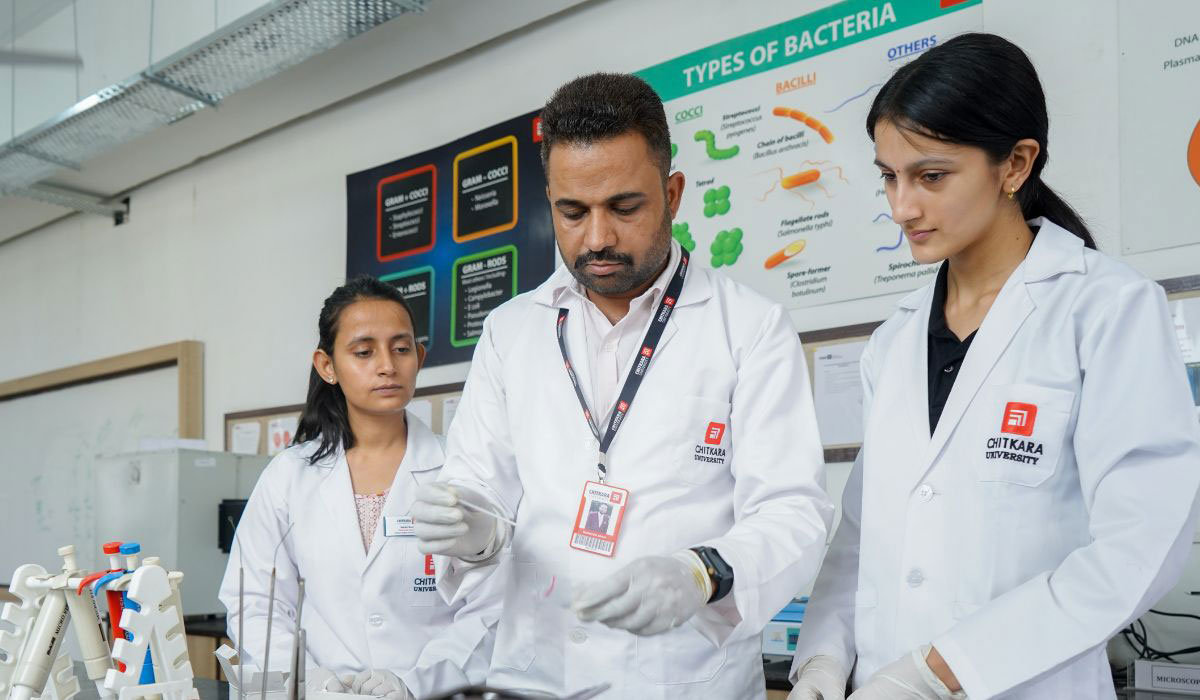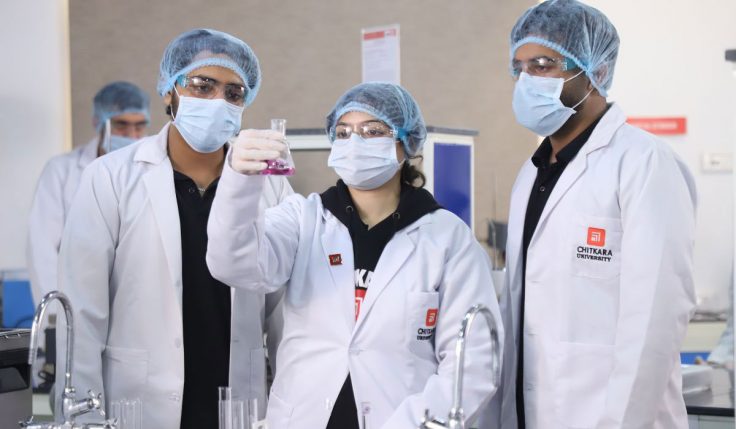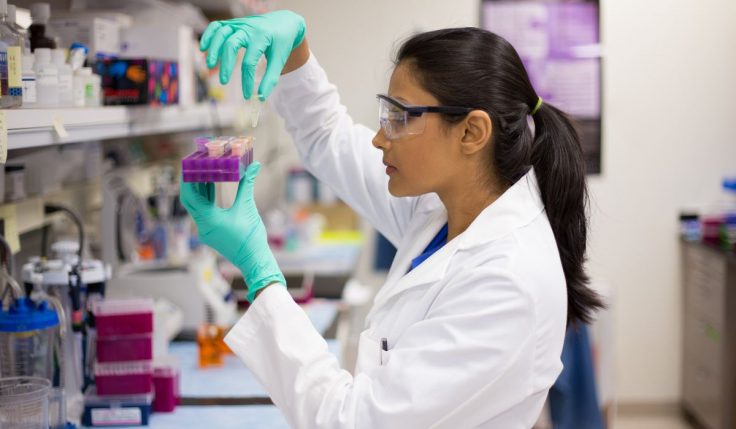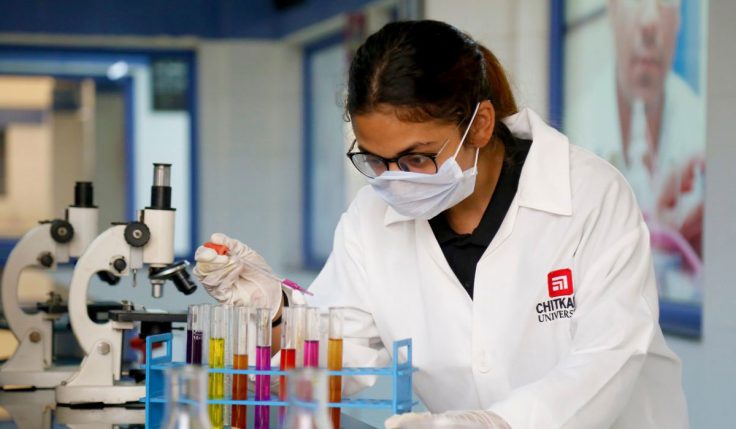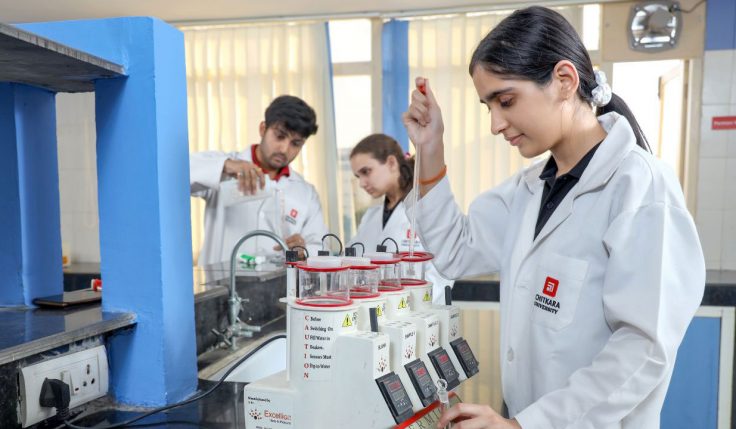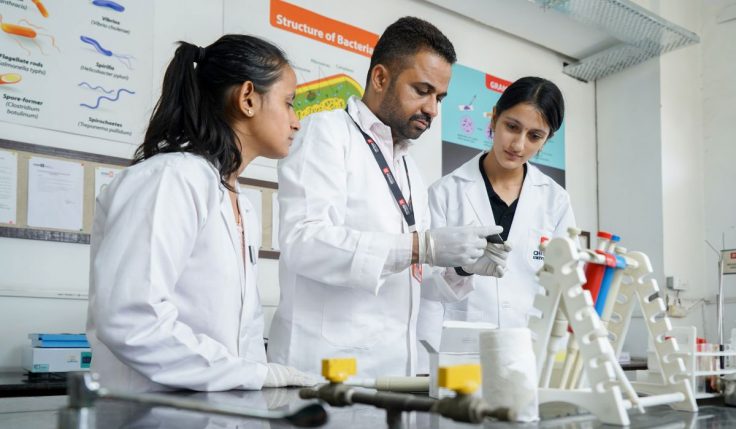The landscape of pharmacy is rapidly changing, underpinned by advancements in technology and evolving healthcare needs. A Bachelor of Pharmacy (B Pharm) degree not only provides students with a solid foundation in pharmaceutical sciences but also opens doors to diverse career paths that extend far beyond traditional roles. We will discuss in this blog how careers in pharmacy will develop, the overall trend shaping the industry, and the technological innovations in finding their right role for pharmacists. Career Opportunities for B Pharm Graduates
Pursuing a B Pharm degree opens the gateway to varieties of challenging opportunities in the developing and evermore diversified health-care industry. With the rapid growth of demand for trained and professional pharmacy people, graduates can find a very fulfilling role according to their interest and strength. Some notable career paths to note for B Pharm graduates are as follows:
Career paths to note for B Pharm graduates
Drug Analyst
As a drug analyst, you will be responsible for assessing the efficacy and safety of pharmaceuticals. This role involves analyzing drug formulations, testing product samples, and ensuring compliance with regulatory standards. Analysts play a crucial role in the development and quality assurance of medications, providing insights that help shape safe and effective healthcare products.
Drug Inspector
Drug inspectors ensure pharmaceutical products are safe enough to be consumed by people after they pass the government’s safety standards. The job involves knowledge of government rules and the analyzing of ways of production, product safety, and quality control procedures. Drug inspectors scrutinize all pharmacies and hospitals, among other manufacturing units for compliance with health regulations.
Operations / Manufacturing Executive
As an operations or manufacturing executive, you will oversee production in pharmaceutical products. A manufacturing executive needs to demonstrate strong managerial skill for streamlining manufacturing processes while improving efficiency and ensuring that all operations meet prevailing standards on safety and quality. Your role will be critical when it comes to managing day-to-day activities in the production environment.
Corporate Executive
It involves strategic planning and management to work as a corporate executive in the pharmaceutical industry. Corporate executives develop plans that have a direction-impacting effect on the company, such as marketing strategy, product development, and distribution of resources. The role requires deep knowledge of both business principles and the pharmaceutical landscape.
QA / QC Executive
QA and QC executives are the topmost officers who check and ensure high standards for pharmaceutical products. Their roles include testing and reviewing every product, making sure that all products undergo standard operating procedures and regulatory compliance. This role involves implementing quality management systems, conducting audits, and even discovering problem areas in the production process.
Clinical Research Associate
A clinical research associate is expected to take charge of the management of clinical trials and ensure that research conducted will be compliant with regulatory requirements. In this task, one has to oversee the progress of the trials, collect data, and interact with medical professionals in order to assess the drug safety and effectiveness. The role of a clinical research associate is significant in the development of drugs and ensures the progress of medical aspects.
Market Development Executive
Market development executives focus on the promotion of pharmaceutical products with the capability to expand the markets for a company’s offerings. Their primary functions include market research, consumer analysis, and strategic marketing efforts that lead to increased sales and the market presence as well. To excel at this role, a person needs strong communication skills and knowledge of market trends.
The B Pharm degree is versatile, and graduates can pursue many diverse career opportunities in the pharmaceutical and healthcare sectors. With evolving demands of the industry, B Pharm graduates are destined to remain at the forefront of improving health outcomes, enhancing the efficacy of pharmaceutical products, and driving innovations in the field. Whether you’re suited to a traditional role or something new that’s emerging, a bachelor’s degree in pharmacy offers a quality foundation for a satisfying and impactful career in healthcare.
The future looks bright for pharmacy careers as a result of several emerging trends that shape healthcare. For instance, the role of the pharmacist is no longer that of a mere medication dispenser but rather an integral member of the healthcare team. As such, these professionals will be involved in patient care, management of chronic diseases, and medication therapy management among their key responsibilities.
Increased personalization of medicine also offers pharmacists more space to conduct individualized patient assessments and formulate adjusted medication programs. Within preventive care, pharmacy professionals will play a vital role in motivating people’s health awareness and disease prevention.
Technology is changing the face of the pharmacy profession on so many levels. The implementation of electronic health tools, telepharmacy, and EHR is changing the way in which medication management and patient care are administered. Pharmacists are now empowered to utilize data analytics to monitor patient outcomes, streamline dispensing processes, and improve the delivery of health care, among other requirements.
Furthermore, pharmacogenomics developments enable pharmacists to offer more personalized treatment plans since the study focuses on how genes affect a given person’s response to drugs. All in all, technological advancements not only improve patient outcomes but also increase the scope of pharmacy practice.
For pharmacy students, it is required to qualify for eligibility criteria in Bachelor of Pharmacy. Normally, the candidates should have their higher secondary education, that is Class 12, in the science stream with major subjects being Physics, Chemistry, and Biology or Mathematics. Many universities also have a minimum aggregate percentage; normally it goes between 50% to 60% which varies from university to university.
The admission process in a B Pharm program primarily involves a few key steps. Most institutions conduct entrance examinations or allow admitting scores from national or state-level pharmacy entrance tests. In addition to the scores, students are usually required to submit their academic transcripts and fill out an application form in order to get admitted for B Pharmacy.
Pharmacy is an increasingly competitive field, so potential students are encouraged to research specific institutions to understand their application processes and course fees as well as any additional requirements.
The future of the pharmacy profession is bright. Opportunities abound for innovation and growth, just as a Bachelor of Pharmacy equips its students with the education and skills to navigate that changing landscape. There is a broader range of career paths, too, outside of traditional pharmacy practice. As technology advances and attention continues to shift toward individualized medicine, the work of the pharmacist will continue to expand further, leading to increased participation in patient care and healthcare decisions.
The B Pharm program puts aspirant pharmacists at the forefront of this dynamic industry and thus keeps them ready for new challenges, so they can meaningfully contribute to the health and well-being of communities around the globe. Since the demand for skilled pharmacy professionals continues to remain high, a Bachelor of Pharmacy education is a smart choice for a rewarding and impactful career in the healthcare sector.
4-Year Bachelor of Pharmacy (B. Pharm) at Chitkara University
Chitkara College of Pharmacy is the one that facilitates outstanding learning experience in Bachelor of Pharmacy (B. Pharm), which helps evolve students into leaders in the health industry. This program is conducted over four years, where theoretical knowledge is interspersed with practical skills, enabling the students to understand how new drugs are developed while they are gaining hands-on exposure through a six-month industrial training stint. Graduate students are well-prepared for challenging careers in Drug Analysis, Drug Inspection, and Clinical Research Associate positions with assured placement opportunities in the world’s top pharmaceutical companies.
Also, read this blog post: Bachelor of Pharmacy: Bridging the Gaps Between Business and Medicine
Candidates have to complete Class XII with an aggregate of 50% in Physics, Chemistry, and Biology or Mathematics, and one gets one’s basic training in the B. Pharm program along with a personal interview during admissions. The program covers a comprehensive pharmaceutical continuum and offers specializations in Pharmaceutics, Pharmacology, Pharmaceutical Chemistry, and Pharmacognosy.
Chitkara University is recognized by the Pharmacy Council of India, and it focuses on industry linkage and experience-based learning, preparing graduates to be industry-ready with requisite problem-solving skills. After completing their B. Pharm from Chitkara University, students will be able to receive a quality education while being equipped for a wide range of opportunities in fast-moving pharmacy field.
